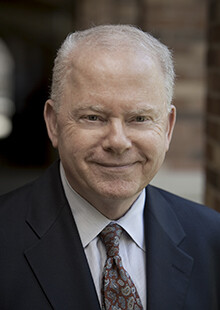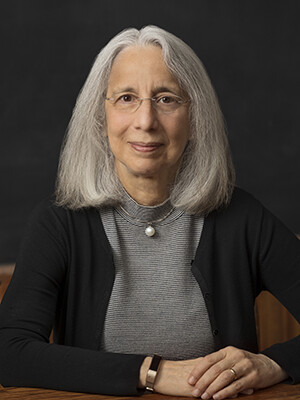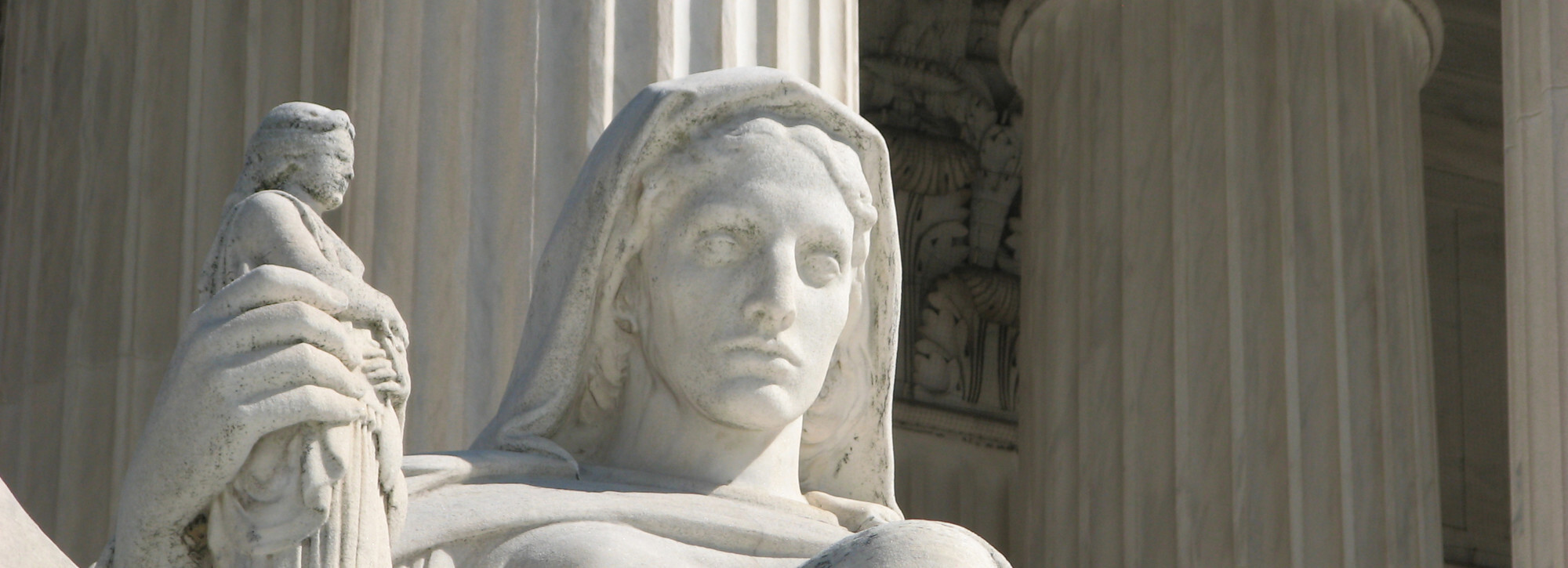
Bruce Ackerman is Sterling Professor of Law and Political Science at Yale, and the author of 18 books that have had a broad influence in political philosophy, constitutional law, and public policy. His major works include Social Justice in the Liberal State and his multivolume constitutional history, We the People.

Akhil Reed Amar is currently Sterling Professor of Law and Political Science at Yale University, where he teaches constitutional law in both Yale College and Yale Law School. He received his B.A, summa cum laude, in 1980 from Yale College, and his J.D. in 1984 from Yale Law School, where he served as an editor of The Yale Law Journal.

Jack M. Balkin is Knight Professor of Constitutional Law and the First Amendment at Yale Law School and the founder and director of Yale's Information Society Project, an interdisciplinary center that studies law and new information technologies, as well as the director of the Knight Law and Media Program and the Abrams Institute for Free Expression at Yale.

Judge Calabresi was appointed United States Circuit Judge in July 1994, and entered into duty on September 16, 1994. Prior to his appointment, he was Dean and Sterling Professor at Yale Law School, where he began teaching in 1959, and is now Sterling Professor Emeritus and Professorial Lecturer in Law.

Stephen L. Carter is the William Nelson Cromwell Professor of Law at Yale, where he has taught since 1982. Among his courses are law and religion, the ethics of war, contracts, evidence, and professional responsibility.

Justin Driver is the Robert R. Slaughter Professor of Law at Yale Law School. He teaches and writes in the area of constitutional law and is the author of The Schoolhouse Gate: Public Education, the Supreme Court, and the Battle for the American Mind.

Professor William N. Eskridge, Jr. is the Alexander M. Bickel Professor of Public Law at Yale Law School. His primary legal academic interest has been statutory interpretation. Together with Professor Philip Frickey, he developed an innovative casebook on Legislation. In 1990-95, Professor Eskridge represented a gay couple suing for recognition of their same-sex marriage.

Heather K. Gerken is the Dean and Sol & Lillian Goldman Professor of Law. She is one of the country’s leading experts on constitutional law and election law. A founder of the “nationalist school” of federalism, her work focuses on federalism, diversity, and dissent.

Paul Gewirtz is the Potter Stewart Professor of Constitutional Law at Yale Law School and is also the Director of Yale Law School’s Paul Tsai China Center. Professor Gewirtz teaches and writes in various legal and policy fields, including constitutional law, federal courts, law and literature, Chinese law, and American foreign policy.

Abbe R. Gluck is the Alfred M. Rankin Professor of Law and the Faculty Director of the Solomon Center for Health Law and Policy at Yale Law School. She is an expert on Congress and the political process, legislation, federalism, state and local government, civil procedure, and health law, and is chair of Section on Legislation and the Law of the Political Process for the Association of American Law Schools.

Paul W. Kahn is Robert W. Winner Professor of Law and the Humanities, and Director of the Orville H. Schell, Jr. Center for International Human Rights at Yale Law School. Professor Kahn teaches in the areas of constitutional law and theory, international law, cultural theory and philosophy.

Anthony T. Kronman is Sterling Professor of Law at Yale Law School. He was appointed to this position in 2004. Professor Kronman served as dean of the Yale Law School from 1994 to 2004. He joined the Yale faculty in 1978 after teaching for two years at the University of Chicago School of Law and for one year at the University of Minnesota Law School. His teaching areas include constitutional law and legal philosophy. In the past, he has taught in the areas of contracts, commercial law, bankruptcy, jurisprudence, social theory, and professional responsibility.

John H. Langbein, Sterling Professor Emeritus of Law and Legal History and Professorial Lecturer in Law, is an eminent legal historian and a leading American authority on trust, probate, pension, and investment law. He teaches and writes in the fields of Anglo-American and European legal history, modern comparative law, trust and estate law, and pension and employee benefit law (ERISA).

Douglas NeJaime is Anne Urowsky Professor of Law at Yale Law School, where he teaches in the areas of family law, legal ethics, law and sexuality, and constitutional law. Before joining the Yale faculty in 2017, NeJaime was Professor of Law at UCLA School of Law, where he served as Faculty Director of the Williams Institute, a research institute on sexual orientation and gender identity law and public policy.

Robert Post is Sterling Professor of Law and former Dean of Law at Yale Law School. Before coming to Yale, he taught at the University of California at Berkeley School of Law.

Cristina Rodríguez is the Leighton Homer Surbeck Professor of Law at Yale Law School. Her research interests include constitutional law and theory; immigration law and policy; administrative law and process; language rights and policy; and citizenship theory.

Jed Rubenfeld is a Professor of Law at Yale Law School. His subjects are constitutional law, privacy, First Amendment, and criminal law. His recent books include Freedom and Time and Revolution by Judiciary: The Structure of American Constitutional Law.

David N. Schleicher is Walter E. Meyer Professor of Property and Urban Law at Yale Law School and is an expert in local government law, land use, federalism, state and local finance and urban development. His work has been published widely in academic journals, including The Yale Law Journal and the University of Chicago Law Review, as well as in popular outlets like The Atlantic and Slate.

Professor Reva Siegel is the Nicholas deB. Katzenbach Professor of Law at Yale Law School. Professor Siegel’s writing draws on legal history to explore questions of law and inequality and to analyze how courts interact with representative government and popular movements in interpreting the Constitution.

Kate Stith, Lafayette S. Foster Professor of Law at Yale Law School, teaches and writes in the areas of criminal law, criminal procedure, and constitutional law. Prior to joining the faculty at Yale, Professor Stith was an Assistant United States Attorney for the Southern District of New York, where she prosecuted white-collar and organized-crime cases.

Garrett West is an Associate Professor of Law at Yale Law School. His subject areas include torts, remedies, federal courts, and administrative law. His scholarship focuses on the uses of private law theory in public law and on the problems of constitutional interpretation and doctrinal coherence through constitutional change.

Keith Whittington is the David Boies Professor of Law at Yale Law School. Whittington’s teaching and scholarship span American constitutional theory, American political and constitutional history, judicial politics, the presidency, and free speech and the law.
